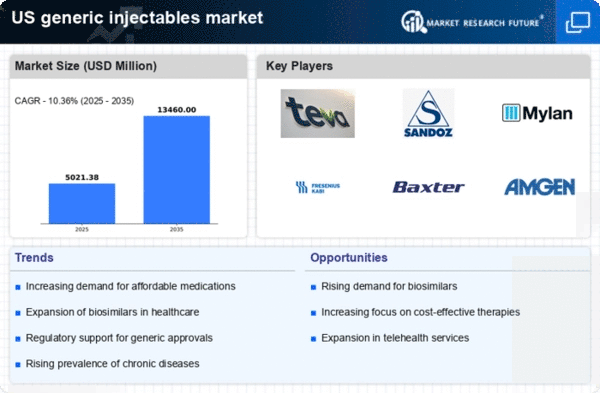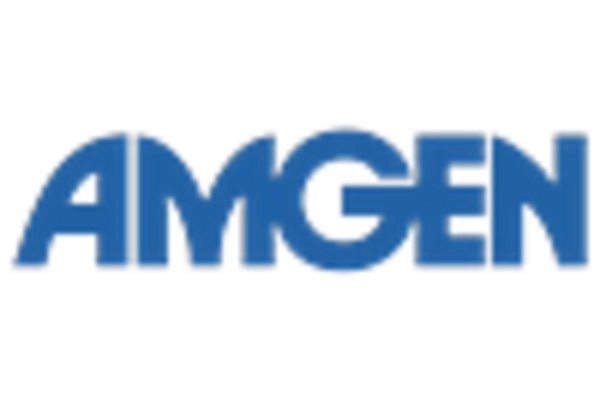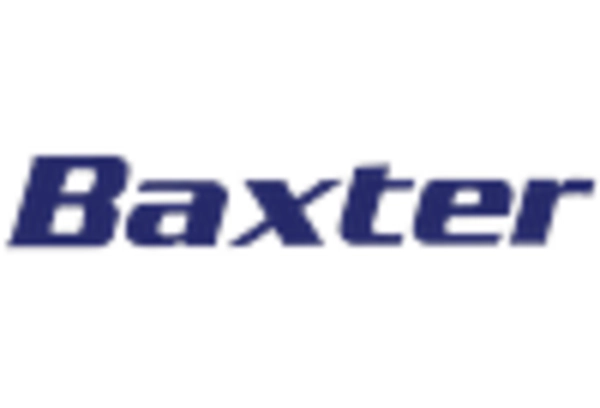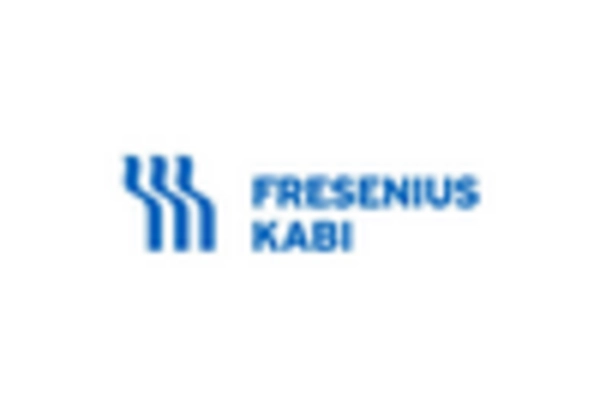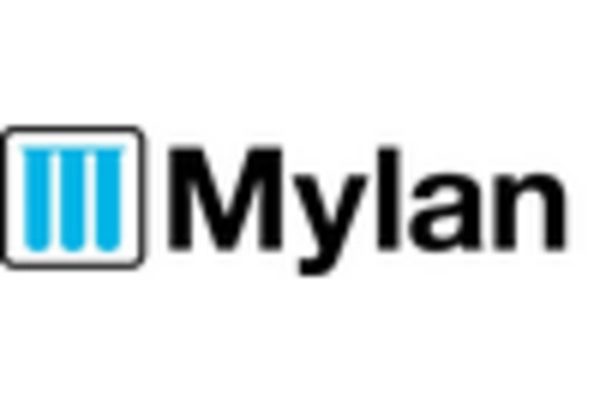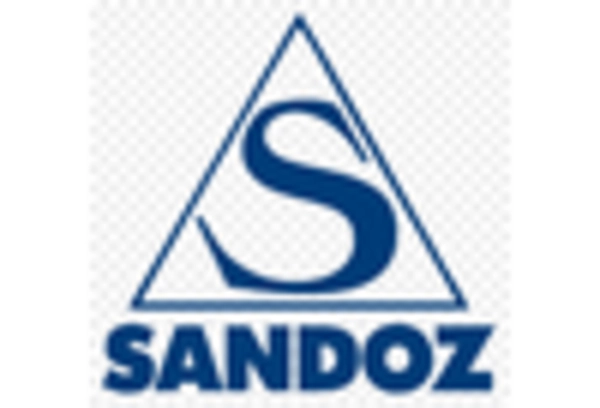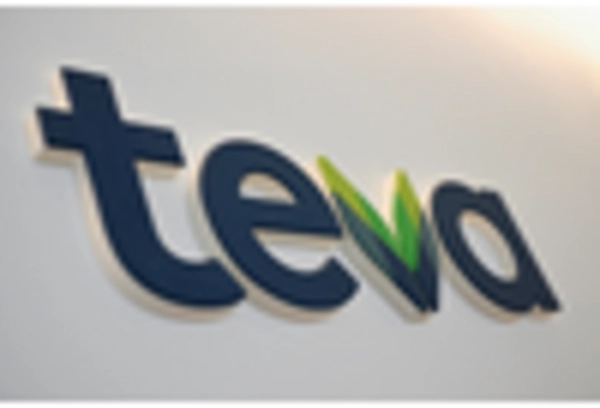Expansion of Biosimilars
The expansion of biosimilars is emerging as a crucial driver for the generic injectables market. As patents for biologic drugs expire, the introduction of biosimilars offers a competitive landscape that encourages the development of generic injectables. The US biosimilars market is anticipated to grow significantly, with estimates suggesting a potential market size of $20 billion by 2025. This growth is likely to stimulate innovation within the generic injectables market, as manufacturers seek to create high-quality, cost-effective alternatives to complex biologics. The increasing acceptance of biosimilars by healthcare professionals and patients alike further supports this trend, as it enhances treatment accessibility and affordability, ultimately benefiting the overall healthcare system.
Focus on Preventive Healthcare
The growing emphasis on preventive healthcare is influencing the generic injectables market. As healthcare systems shift towards preventive measures, there is an increasing demand for vaccines and injectable therapies that can mitigate disease onset. The US preventive healthcare market is projected to witness substantial growth, with an expected increase of 15% annually through 2025. This trend is likely to drive the generic injectables market, as manufacturers respond to the rising need for affordable preventive solutions. Additionally, public health initiatives aimed at increasing vaccination rates and reducing healthcare costs are expected to further bolster the demand for generic injectables, particularly in immunization programs.
Increasing Healthcare Expenditure
The rising healthcare expenditure in the US is a pivotal driver for the generic injectables market. As healthcare costs continue to escalate, stakeholders are increasingly seeking cost-effective alternatives to branded medications. In 2025, healthcare spending in the US is projected to reach approximately $4.3 trillion, with a significant portion allocated to pharmaceuticals. This trend indicates a growing acceptance of generic injectables as viable substitutes, particularly in therapeutic areas such as oncology and diabetes management. The generic injectables market is likely to benefit from this shift, as healthcare providers and payers prioritize budget-friendly options to manage patient care effectively. Furthermore, the increasing prevalence of chronic diseases necessitates affordable treatment solutions, further propelling the demand for generic injectables.
Increased Competition Among Manufacturers
The competitive landscape within the generic injectables market is intensifying, serving as a key driver for market growth. As more manufacturers enter the market, the availability of diverse products is expanding, leading to increased price competition. This dynamic is particularly evident in the oncology and anesthetics segments, where multiple players are vying for market share. The generic injectables market is likely to experience enhanced innovation and improved product offerings as companies strive to differentiate themselves. Furthermore, the heightened competition may lead to reduced prices, making generic injectables more accessible to healthcare providers and patients alike. This trend could ultimately contribute to a more sustainable market environment, fostering long-term growth.
Aging Population and Chronic Disease Prevalence
The aging population in the US is a significant driver for the generic injectables market. As the demographic landscape shifts, the number of individuals aged 65 and older is projected to reach 80 million by 2040. This demographic is often associated with a higher prevalence of chronic diseases, necessitating ongoing treatment and management. The generic injectables market is poised to benefit from this trend, as older adults increasingly rely on injectable medications for conditions such as arthritis, diabetes, and cardiovascular diseases. The demand for affordable treatment options is likely to grow, prompting healthcare providers to consider generic injectables as a viable solution to manage the healthcare needs of this expanding population.


